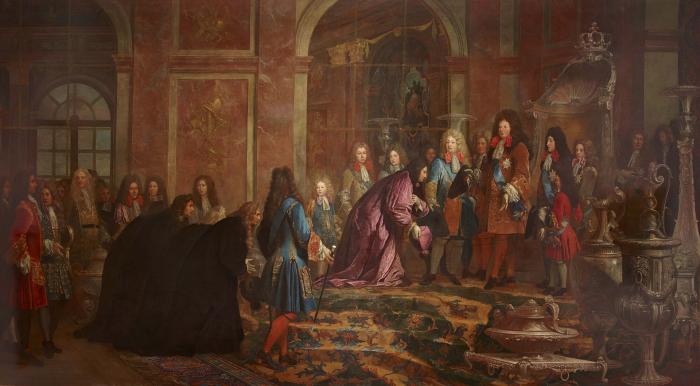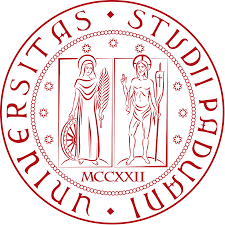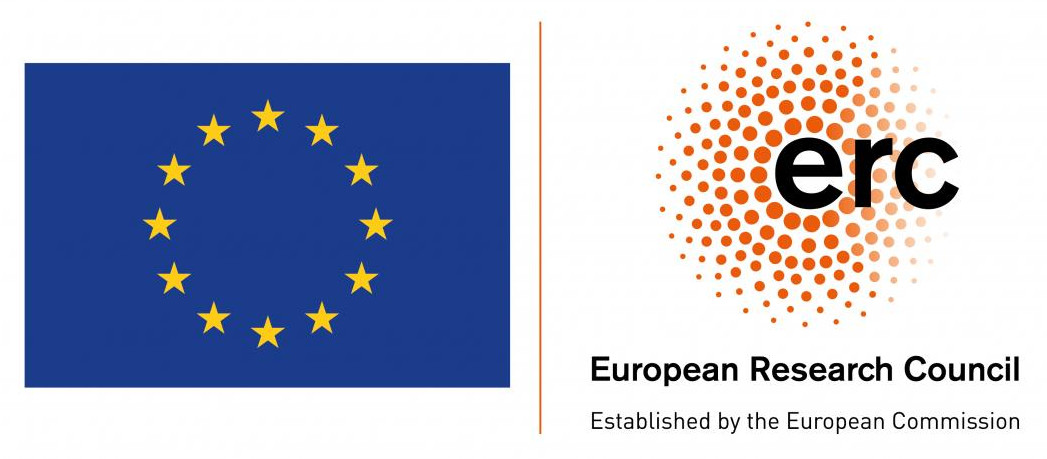Questioning Republicanism in Early Modern Genoa (1559-1684)

2nd - 4th December, 2020
Starts Wednesday December 2nd at 9:00
Location:
Online conference via Zoom
Speakers:
Alessandro Metlica
•
Università degli Studi di Padova
Enrico Zucchi
•
Università degli Studi di Padova
Elisabetta Selmi
•
Università di Padova
Giacomo Montanari
•
Università di Genova
Simona Morando
•
Università di Genova
Laura Stagno
•
Università di Genova
Stefano Verdino
•
Università di Genova
Manuel Herrero Sánchez
•
Universidad Pablo de Olavide – Sevilla
Matthias Schnettger
•
Johannes Gutenberg Universität – Mainz
Valentina Borniotto
•
Università di Genova
Fiorenzo Toso
•
Università di Sassari
George L. Gorse
•
Pomona College
Sara Rulli
•
Università di Genova
Wouter Kreuze
•
University College Cork
Benoît Maréchaux
•
Universidad Complutense de Madrid
Giorgio Tosco
•
Istituto Italiano di Studi Storici di Napoli
Elizabeth Griffith
•
Independent Scholar
Luana Salvarani
•
Università di Parma
Emilio Pérez Blanco
•
Universidad Complutense de Madrid
Michael Paul Martoccio
•
University of Oxford
In the past thirty years, several studies have been devoted to the political and cultural flowering of the republic of Genoa during the so-called ‘siglo de los Genoveses’, between 1528 and 1630, when Genoa became the hub of European trade and an important epicenter of artistic and literary production. Yet little attention has been granted to the cultural and economic crisis that followed or to how Genoese republican state power was represented during the long seventeenth century, especially in relation to neighbouring polities. To address this gap, the conference will explore how the Genoese Republic shaped its political image between 1559 – the year of the publication of Oberto Foglietta’s Delle cose della repubblica di Genova – and 1684, when Genoa was bombed by the French. The conference will strongly encourage a comparative approach, with a focus on the originality of the Genoese system of political representation in the European early modern context. We intend to address questions such as how did Genoese politicians and men of letters represent their homeland? How was Genoa represented by the Genoese community in Spain or in the Low Countries? How was its political system conceived by other Italian and non-Italian political writers? And how did prevailing depictions of absolutism influence republican rhetoric? This conference is aimed at art historians, literary scholars, and political and cultural historians. It particularly welcomes contributions from scholars whose work is not primarily devoted to the Genoese republic and who thus offer a comparative perspective. Possible paper topics, especially if approached through a comparative lens, might include:
- the use of anti-Turkish propaganda in the foundation of republican Genoese identity;
- performance
-based approaches to cultural and political events representing Genoese republican thought;
- foreign views on the Republic of Genoa: was it perceived by external observers as a full republic?
- identification of republican myths, such as the Genoese walls or Gianus, and their political and cultural import in representation of the state;
- the celebration of eminent Genoese citizens, such as Cristoforo Colombo, Andrea Doria or Ambrogio Spinola as symbols of republican identity and the reputation of those figures outside of Genoa;
- how the Genoese system of devotion influenced or was influenced by republican authorities;
- the motivations and meaning of monarchic representations
– for instance of the Virgin Mary Queen of Genoa
– in Genoese republican discourse;
- the political and cultural relationships among Genoa and other republics (Venice, United Provinces) or monarchies (Spain, France, England), and their impact on the development of the representation of republican Genoa.
2 Dicembre 2020 parte 1
2 Dicembre 2020 parte 2
3 Dicembre 2020 parte 1
3 Dicembre 2020 parte 2
4 Dicembre 2020 parte 1.1
4 Dicembre 2020 parte 1.2
4 Dicembre 2020 parte 2
Unfortunately, we encountered some technical problems during the recording of the first presentation of the last day of the conference. The author of the paper, Wouter Kreuze, kindly allowed us to publish here his power point presentation, as partial compensation.

